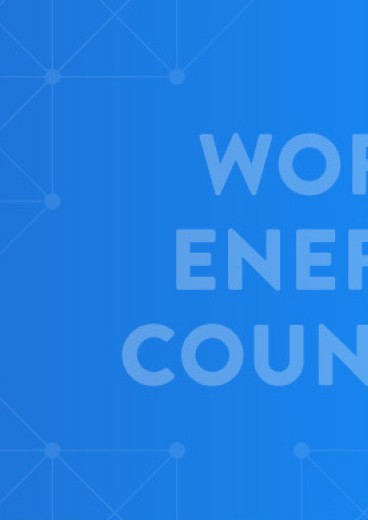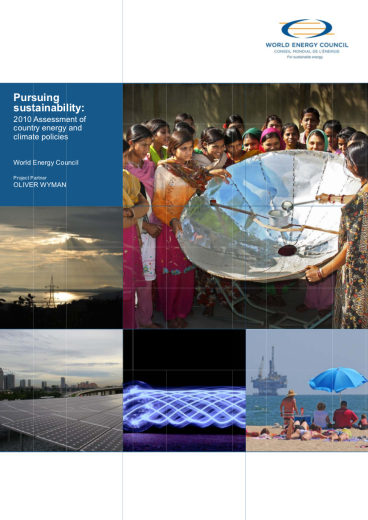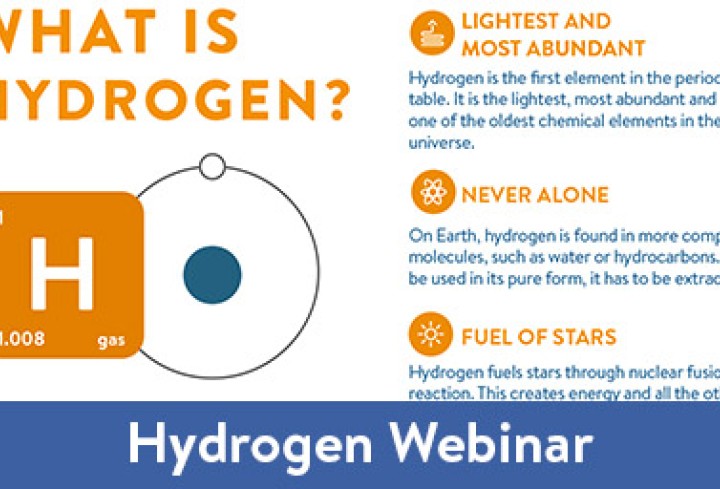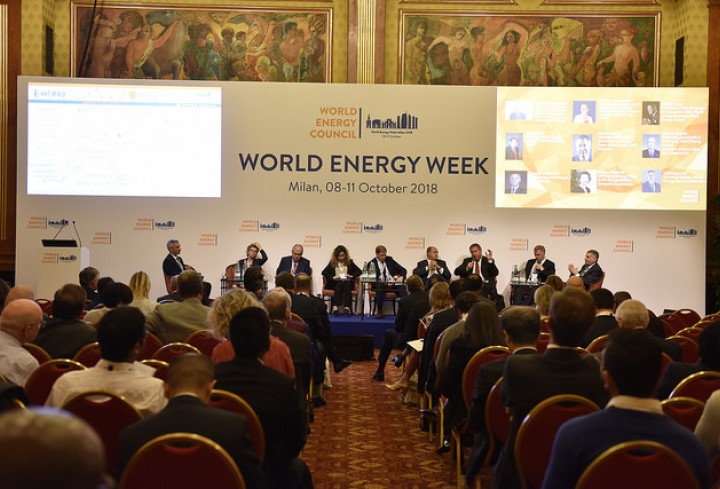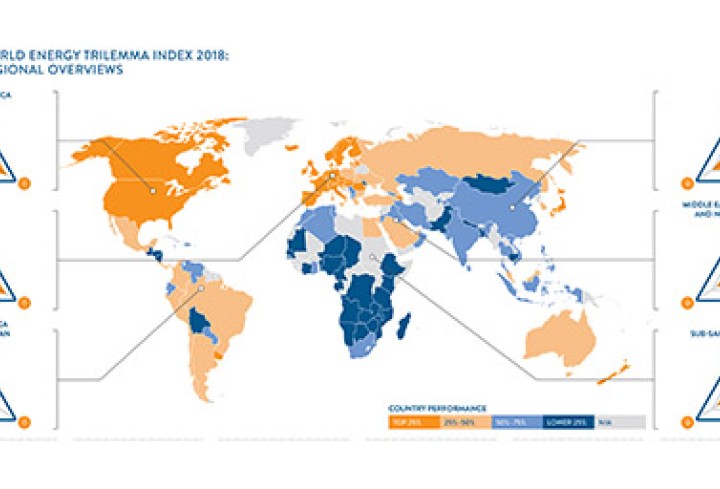Part of our Innovation Forum series, this webinar convened experts from across the Council's network to discuss the findings of our Insights Brief on 'Energy Infrastructure: Affordability Enabler of Decarbonisation Constraint?'
On 22 July, the World Energy Council held a webinar presenting the results of its latest Innovation Insights Brief on existing energy infrastructure. Attendees had the opportunity to ask four key experts their questions on the topic:
- Michael Webber, Chief Science & Technology Officer, Engie
- Jacqueline Vaessen, General Manager, NexStep
- Hassen Bali, Co-founder, Ion Ventures
- Dave Hardie, Director of Liability, Alberta Energy Regulator
The webinar started with a poll asking attendees where they saw the biggest repurposing opportunities for existing energy infrastructure – gas pipelines and oil fields for storage both received 45% of votes and offshore oil platforms 10%. The questions ranged from repurposing opportunities companies are currently pursuing to the role of government and investors in this space. The webinar ended with a second poll asking attendees whether they thought an energy infrastructure action plan is needed – 97% of the attendees responded that there is a need.
Key Highlights:
- Several repurposing asset opportunities exist for gas companies, including (i) replacing natural gas with green hydrogen (ii) using green hydrogen to produce green methane. Beyond the technical feasibility, the question is about cost: is it cheaper to replace the gas or to replace the infrastructure? The answer is not yet clear.
- An example of repurposing project in the Netherlands is Porthos, aiming at transporting and storing CO2 in to the North Sea. The CO2 collected from plants around Rotterdam will be transported via a pipeline network for injection in depleted oil and gas fields in the North Sea. This is a CCS project that stakeholders are keen to follow and understand its cost effectiveness.
- Energy infrastructure investment strategies are slowly changing, and fossil fuel divestment movements are happening. For example, the London Stock Exchange recently updated its classification of oil and gas companies as “non-renewable” and changed the renewable classification from Alternative fuels to “Renewable energy”. This highlights the growing investor pressure on fossil fuel firms to shift towards greener business models.
- The discussion around stranded assets goes beyond pipelines. For example, if power plants are shut down before the end of their useful lives, the income deficit this creates will have to borne by society.
- In general, successful energy transitions will require greater policy planning to take advantage of integration opportunities of new and existing energy infrastructure. For example, developing new renewables facilities close to the gas grid could facilitate the injection of hydrogen, therefore prolonging existing assets. This requires cohesive and forward-looking policy.
- Speakers emphasised the importance of government intervention in developing appropriate prices on pollution. Today’s lack of coherent carbon price around the world confuses capital allocation and energy infrastructure investment. Another challenge to forward-looking planning is policy volatility, i.e. policy which quickly changes from legislature to legislature. The session was recorded and is available on our YouTube channel. Watch it below, and don’t forget to subscribe!
Next Steps:
- The Council will be working with individual countries and large incumbents to further the idea that an Energy Infrastructure Action Plan is not only a good idea, but a great business opportunity.
The webinar is available on our YouTube channel. Watch it below, and don't forget to subscribe!


